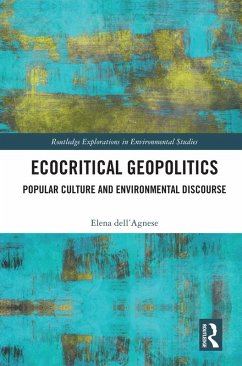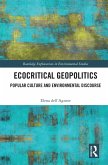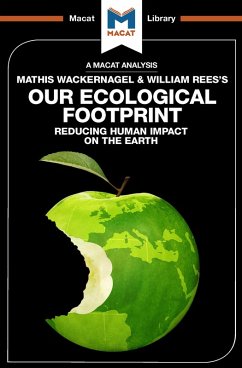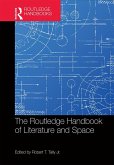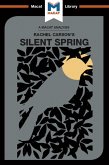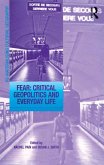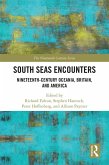The importance of popular culture in the construction of geopolitical discourse is widely recognized. From ecocriticism, we also appreciate that literature, cinema, or theatre can offer a mirror of what the individual author wants to communicate about the relationship between the human being and what can be defined as non-human. This book provides an analysis of environmental discourses with the theoretical tools of critical geopolitics and the analytical methodology of ecocriticism. It develops and disseminates a new scientific approach, defined as "ecocritical geopolitics", to offer an idea of the power of popular culture in the realization of environmental discourse.
Referencing sources as diverse as The Road, The Shape of Water, Lady and the Tramp, and TV cooking shows, this book will be of great interest to students and scholars of geography, environmental studies, film studies, and environmental humanities.
Dieser Download kann aus rechtlichen Gründen nur mit Rechnungsadresse in A, B, BG, CY, CZ, D, DK, EW, E, FIN, F, GR, HR, H, IRL, I, LT, L, LR, M, NL, PL, P, R, S, SLO, SK ausgeliefert werden.
- Simon Dalby, Balsillie School of International Affairs, Wilfrid Laurier University
This book combines two critical readings of popular culture ecocriticism and critical geopolitics to
explore the power of popular culture in framing the way we represent the world and more
specifically the relation between the human and the non-human. Dell'Agnese not only introduces
the foundations for an ecocritical geopolitics investigating how popular culture constructs and
reveals environmental fields of meaning, she also skillfully guides the reader during an exhilarating
ride through the dense landscapes of western popular culture, demonstrating an immense literary
and cinematic knowledge when presenting famous and less famous books/films/series to discuss
different types of ecocritical geopolitical discourses. Dell'Agnese focuses on three types of
environmental discourses pertaining to landscapes of fear regarding (dystopian) futures, posthuman
worlds, and carnism (the commonsensical attitude towards eating meat represented as "normal,
natural, necessary and nice") respectively, to demonstrate the originality of ecocritical geopolitics.
- Virginie Mamadouh, University of Amsterdam, The Netherlands

